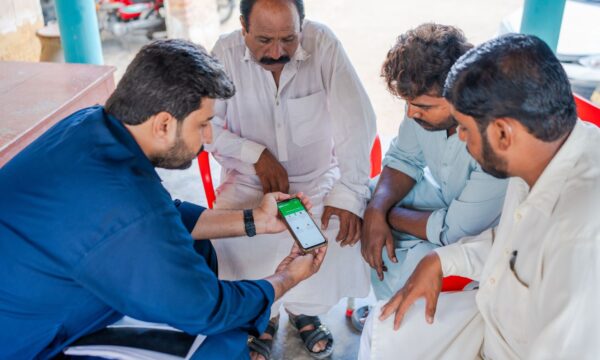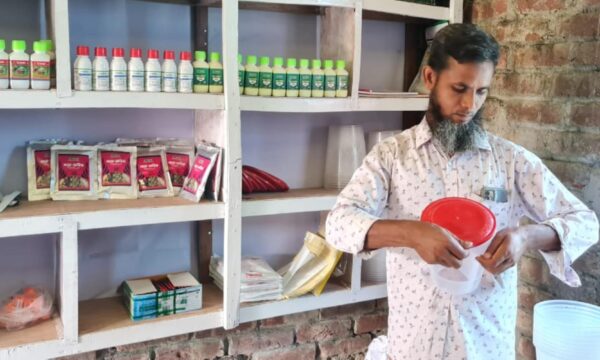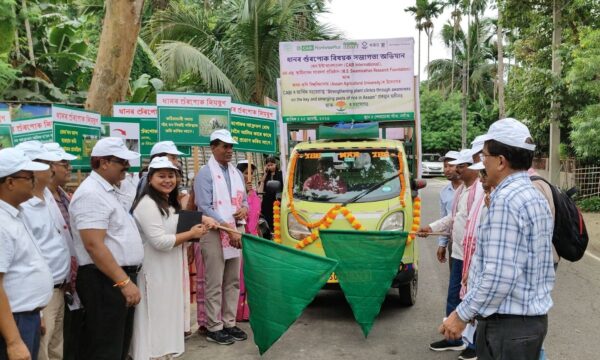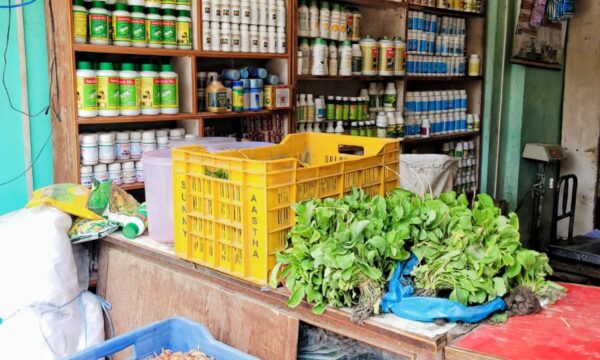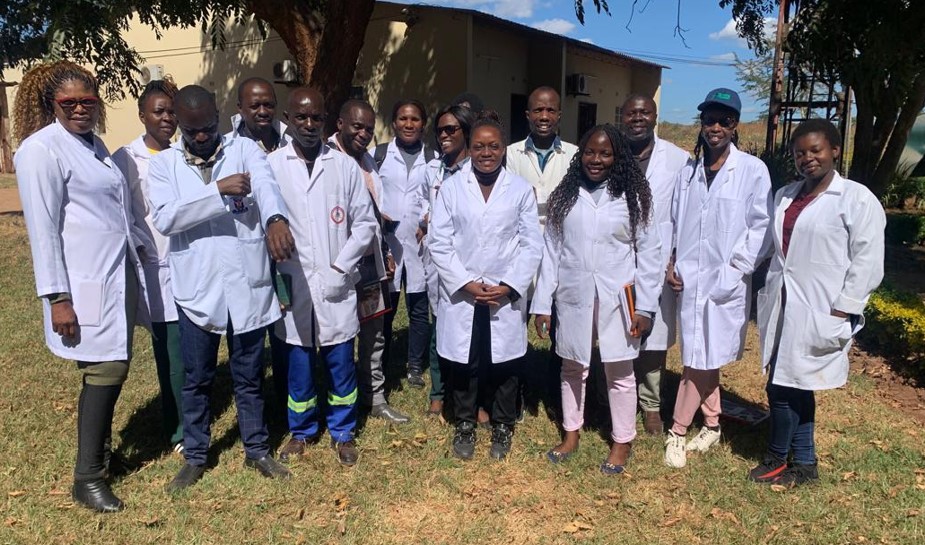
Cassava remains one of Zambia’s most important food security crops, but it is increasingly under threat from devastating diseases such as Cassava Brown Streak Disease (CBSD) and Cassava Mosaic Disease (CMD).
Reports show outbreaks have increased since 2022. As threats spread, experts urgently call for a strong, reliable, certified seed system.
Recognizing this, CABI through PlantwisePlus, has been building innovative interventions that go beyond awareness campaigns. What once started as farmer sensitization on cassava diseases has evolved into an actionable, system-strengthening intervention focused on formalizing Zambia’s cassava seed system.
A formal seed system
A formal, functional and reliable seed system is the backbone of agricultural productivity and resilience. In Zambia, as defined under the Plant Variety and Seeds Act, a formal seed system is characterized by several critical components working in harmony. These include ‘Reliable sources of credible seed,’ ‘Farmer advisory services,’ ‘Seed growers and multipliers,’ ‘Quality assurance in seed production,’ ‘Seed legislation and regulatory oversight off-takers and markets,’ and ‘Farmers as end-users.’
Seed inspectors sit at the heart of this system, ensuring quality assurance by inspecting fields, verifying compliance, and preventing diseased or substandard cuttings from entering the market. This function is particularly crucial as Zambia seeks to protect its cassava sector against CBSD and other emerging threats, and comes at a critical time, as the country grapples with drought, with cassava standing out as a resilient and dependable crop for food security.
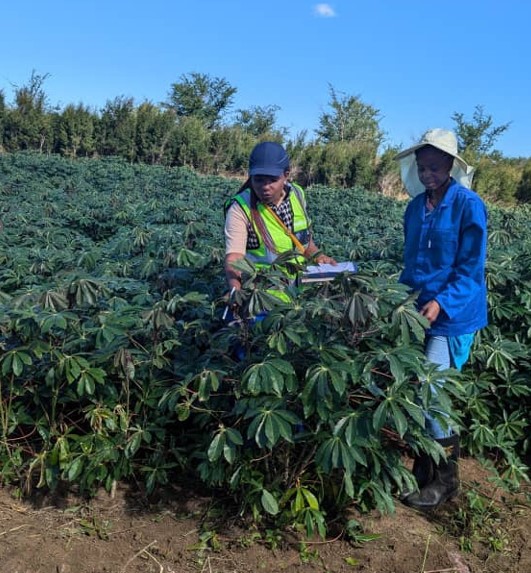
Training the Next Generation of Inspectors
In partnership with the Seed Control and Certification Institute (SCCI), CABI facilitated Cassava Seed Inspector Training in Zambia. This training brought together 15 participants, as partners of CABI, drawn from extension services, academia, and research institutions from Chienge, Nsama, Mwense, Kabompo & Lusaka districts.
Zombe Sikazwe, Senior Seeds Officer at SCCI, said, “The Seed inspectors’ course is designed to equip trainees with skill and expertise to carry out inspections in accordance with the Seeds Act, CAP 236 of the Laws of Zambia. The objective of the course is to equip the participants with essential elements and procedures required in seed field inspections to properly assess the quality of the standing crop in the field.”
Ten out of 15 successfully passed the training and examinations, including members of CABI’s own staff. This achievement not only demonstrates the success of the training but also underlines the growing pool of expertise now available to support Zambia’s cassava farmers with clean planting material. The goal is to have seed inspector expertise that can ably support the government of Zambia to enforce, protect and maintain a healthy cassava seed system.
From campaigns to systems change
This training is a significant milestone in CABI’s journey on the cassava seed system in Zambia. The work has progressed from conducting awareness campaigns on disease management, to helping establish cassava seed systems, and now to creating a national pool of certified inspectors who will safeguard those systems. Each stage builds upon the last, showing a clear trajectory of sustainable, capacity-driven interventions.
As Zambia continues to battle cassava diseases, the availability of trained inspectors will be key to ensuring resilience within the sector. By equipping extension officers, researchers, and academics with inspection skills, CABI and SCCI are not only strengthening the cassava value chain but also laying the foundation for food security and farmer prosperity.
This initiative highlights what capacity building under PlantwisePlus truly means: empowering individuals with skills that safeguard livelihoods, strengthen systems, and secure the future of one of Zambia’s most vital crops.
Additional information
Main image: Participants of the training (Credit: CABI).
Related News & Blogs
In photos: how plant clinics support advisory services in Bangladesh
Over the past decade, CABI has worked in Bangladesh to strengthen national plant health systems, first through Plantwise and since 2021, PlantwisePlus. The programme works with partners to ensure farmers have access to reliable, science-driven crop hea…
24 February 2026

